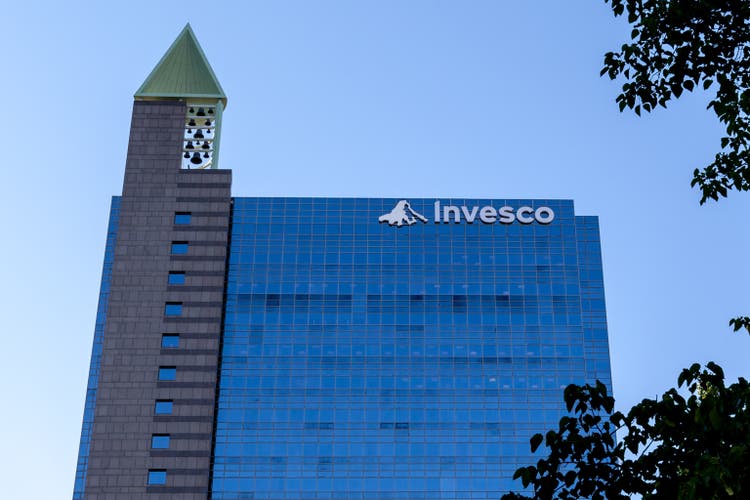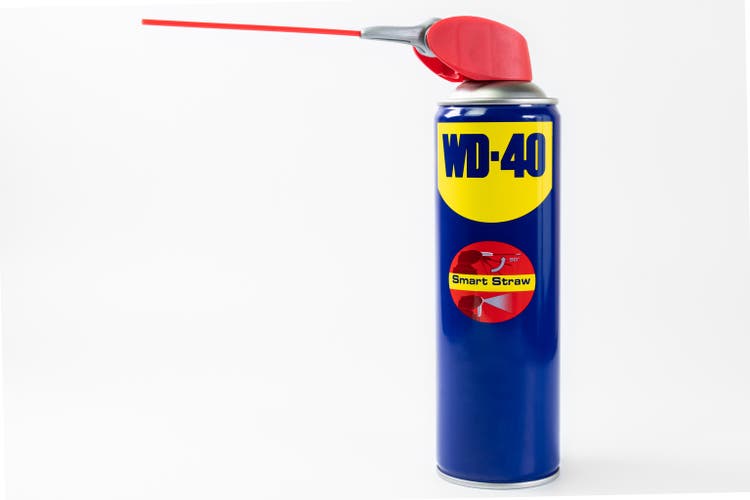- With a $1 billion clothing company to his name and having retired from an early career in football and finance, Tom Beahon has arguably made it. Yet, despite his achievements, the millennial cofounder and co-chief of Castore is so scared of running out of money that he never buys expensive clothes or watches and only flies economy. Other successes like Mark Cuban and Keke Palmer, who similarly came from humble beginnings, echo his frugal habits and anxieties.
The U.K.’s football fans might be used to the idea of their favorite athletes taking private jets, suiting up in designer clothes, and spraying champagne after big wins. But former footballer-turned-entrepreneur Tom Beahon still pinches his pennies—that is, despite also cofounding the £950 million pound ($1.29 billion) premium sportswear brand Castore.
“I’ve never bought an expensive watch, I don’t spend lots of money on clothes. I don’t fly business class…even to Australia, I flew economy,” Beahon recently told the Financial Times. “The whole concept of spending also just doesn’t make me happy.”
Beahon used to be a professional youth football player, starting off by playing for the Tranmere Rovers in his late teens, then joining Spanish club Jerez Industrial CF. But his athletic career abruptly came to an end in his early 20’s, as he and his brother Philip ditched the sport to work finance jobs in London, aiming to raise capital for their sportswear venture. Tom joined Lloyds Bank while Philip worked at Deloitte—and by 2015, Castore was up and running. But their pockets were incredibly tight.
For the first three years, the cofounders and co-CEOs paid themselves £1,000 ($1,355) a month in order to preserve money for the business. Tom said he moved back in with his parents, while Philip’s soon-to-be wife paid his rent. The ex-footballer noted these were “rough times financially,” but even after his sportswear business neared a £1 billion valuation in 2023, none of his frugal habits changed. In fact, he lives a low-key lifestyle out of concern he’ll hit rock-bottom by overspending—with no safety net to catch him.
“I did go through a period where I thought ‘I should do something nice,’ but I have always just been a saver rather than a spender,” Beahon said. “I don’t know if it’s because of my background or having lived through those three years where I was constantly in fear of running out of money.”
“That fear never leaves you. It’s deeply branded on my soul—that day-to-day focus on cash, that paranoia.”
Fortune reached out to Beahon for comment.
Growing up with a frugal mindset has stuck with him
Beahon may not be splurging on silk pajamas and caviar for himself—but he’s more than happy to shell out on his parents. He said he likes to buy them nice holidays and business-class flights because they’re in the “getting to enjoy it” phase of life. Meanwhile, Beahon believes he’s still in the “building stage” with long hours, so no vacations are on his horizon.
Plus, he said it’s nice to be able to spoil his parents who never had the chance to enjoy such luxuries themselves. Beahon grew up proudly working class, living in northern England without much money. His family didn’t go on holidays, and he was well aware that others were better off than he was growing up. It’s another reason he’s so frugal today—and that perspective has stuck with Beahon in leading his highly lucrative athletic-wear business.
“When we started Castore, I vividly remember meeting other entrepreneurs and thinking, ‘There’s very few people like us,’” Beahon said. “Everyone else had a safety net—their parents had spare cash and, if it didn’t go well, they’d do something else and it would be okay. I didn’t feel like that.”
Unlike some silver-spoon-fed founders, Beahon’s family didn’t have a “spare £40,000 lying around.” With a teacher mom and construction-worker dad, Beahon recalled his parents making a “huge sacrifice” by offering to remortgage their house to give them a loan in launching Castore. Those dire circumstances 10 years ago feel very far away from the success his brand brings in now—but his pivot to entrepreneurism was about financial stability, not ultra-wealth, anyway.
“More than wanting to make a certain amount of money, I was driven by the feeling of security. My dad was always nervous about being made redundant, and it affected the family,” he said. “Being successful to the point of having security was always the goal.”
Other millionaires are still pinching their pennies too
Beahon isn’t the only one to skimp out on holidays and expensive clothes, despite being on the come-up of great financial success. Even the youngest self-made billionaire who knocked Taylor Swift off the top spot, Lucy Guo, still shops at Shein and pulls up to work in a Honda Civic.
Serial investor Mark Cuban also didn’t go on vacation for the first seven years of getting his technology company MicroSolutions off the ground. He said that at the time he was “broke as f-ck” living in a three-bedroom apartment with five other roommates, often sleeping on the floor. While all his other friends were going out on the weekends, he was head-down in growing his business out of fear that the whole thing “could fall into the sh-tter.” He later sold MicroSolutions to H&R Block for $6 million.
Actress Keke Palmer was also a millionaire at the age of 12—but just like Beahon, her humble upbringing guided the way she handled money forever. For the first 15 years of her career, all of her travel was business-related. And she still lives under her means in other ways; Palmer said that even with $1 million in her pocket, she’d still only rent out a $1,500 place and affordable car—no need for a Bentley. She got her penny-pinching habits from her parents, who worked with what they had.
“I learned from my parents very early on because they knew their limitations with money and finances,” Palmer told CNBC Make It earlier this year. “I believe in saving and frugality…I don’t play around with that.”
David’s Bridal CEO Kelly Cook may be leading one of the biggest bridal chains in the country, but her early career looked a lot different. Years ago she was barely scraping by, juggling weekend work as a bartender, her college courses, and caring for her young child. Cook described living off pinto beans and cornbread to make her money stretch, her take-home pay of $882 as a single mom barely covering her car note and rent. Now, the 58-year-old is helming a wedding giant with 200 stores across the U.S. and Canada, leading around 5,000 employees.
This story was originally featured on Fortune.com

 7 hours ago
1
7 hours ago
1











 English (US) ·
English (US) ·